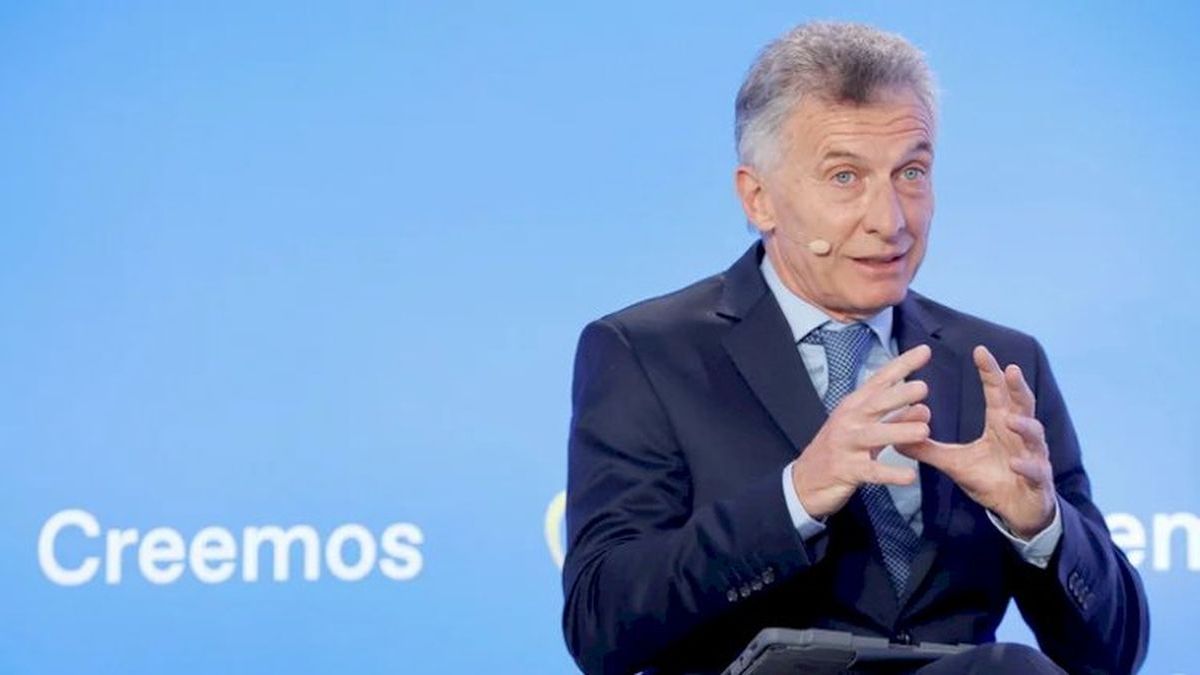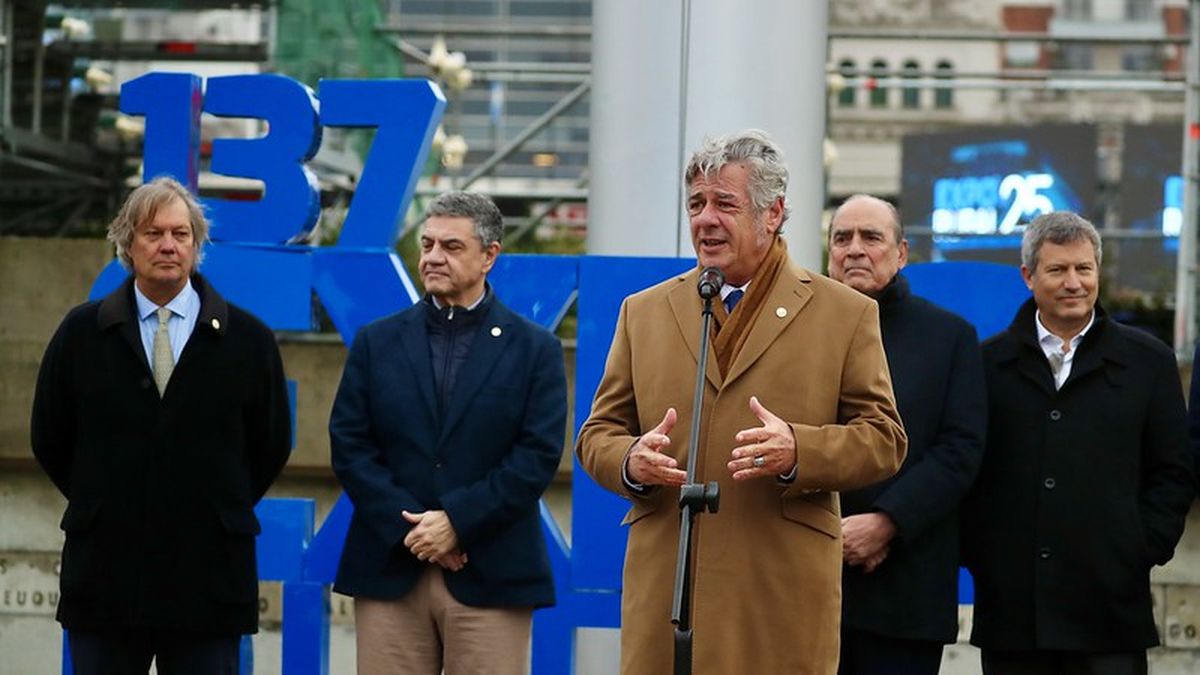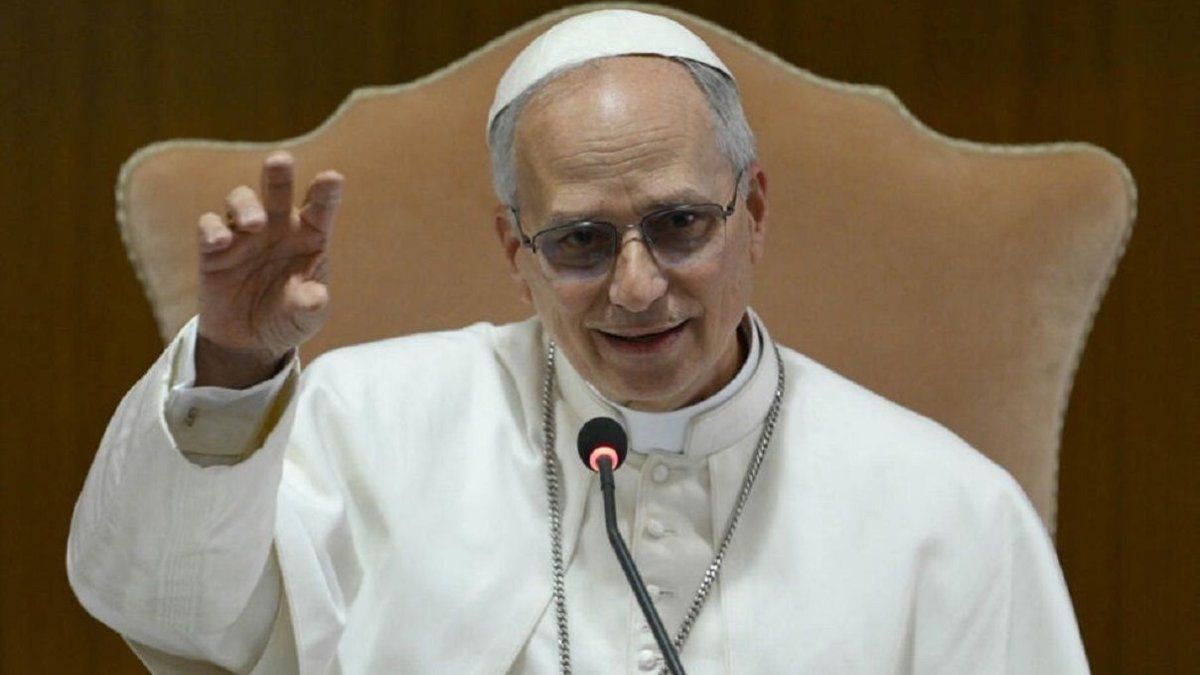The weight that international economic organizations, US universities and their graduates have acquired to homogenize a political discourse that systematically denatured and distorted political and economic facts, also intensified the phenomenon throughout the Latin American region in the 1990s.
What is unusual is the way in which the media and academics ignored what their progressive colleagues were writing, before the catastrophes. Progressive fundamentally refers to the presidencies of the Republican presidents: Theodore Roosevelt (1901-1909) and the Democrat Woodrow Wilson (1913-1920). Remember “progressive” does not mean socialist or communist, but rather a capitalist theoretical framework with greater social justice.
Neoliberalism crushed its recipe so much, to the point of considering any other space of opinion strange. Thus they come to introduce the “unique thought” (Ignacio Ramonet) encouraging universities, students and newsrooms to not take into account at all, any other capitalist theoretical framework.
WHY 2001 AND 2018?
Already in 2001, the most worrying thing was how the neoliberal story silenced the FREPASO (member of the ALLIANCE government) advising him against confronting the neoliberal technocracy. The FREPASO (progressive) led to the return of Domingo Cavallo to the Ministry of Economy of the Nation. We now know from the archives that it was also endorsed by the big media that supported a battery of laws, decrees and regulations. It seems logical to think that, beyond fantasy, reality should have made its way, but that did not happen until the crisis caused the social explosion of December 2001 or the run on the dollar of 2018-2019. That is the risk. Why Macri?
Had it not been for the assistance of the IMF, we would have had a second social explosion in 2018, default, financial crisis, hyperdevaluation and hyperinflation as warned even from the alternative right: Milei and Espert. And, even the eternal Juan Carlos De Pablo.
After the crisis of 2001 an alternative story emerges and, above all, we know that it had the capacity to be coherent and articulate politically. The Argentine experience would seem to show that institutions are not enough when political representation is delegitimized. What can be called the “Argentine crisis of 2001” was actually a set of crises of a different nature that occurred at the same time, and that in many cases reinforced each other (Gervasoni), very similar to that of 2018/2019, if it had not been for the IMF. Economic crisis (worsening of the recession), financial crisis (capital flight, explosion of irrigation-country)… Gervasoni makes exhaustive mention of events of the State (2001), not so much of its costs and its actors specifically, but we can add that; for instance the “Megaexchange” was made at a rate of 15% in dollarsand the promoters of the negotiation were-recognized technicians from Foundations financed by private companies, such as FIEL, Fundación Mediterránea or former Bank managers (Cavallo’s team of collaborators were: Federico Sturzenegger, Jorge Baldrich, Guillermo Mondino, Daniel Marx-Vice Minister-) who had an active participation, imposing a plan called “Zero Deficit Rule”, which committed the country to the IMF, international investment banking and bondholders to a policy of extreme austerity.
Before that, López Murphy, Artana, Solanet, (FIEL) passed through the De la Rúa cabinet and, in the intelligence secretary, the president of the Banco de Crédito Argentino, Fernando De Santibáñez. Gervasoni then goes directly to the formal declaration of default, when de facto, it had already occurred by breaching commitments and compulsively extracting money from the AFJP, firstly, privatized. Gervasoni then says: The State was left without financing from the voluntary markets and, after resorting to special markets (first aid from the IMF in September and then the appropriation of a growing proportion of local retirement funds) that allowed it to postpone the default for some months. Mauricio Macri emulated him, but with much more luck and lower quality of his technicians. In 2001, the suspension of public debt payments was declared as of the end of December, with the Government of Macri-Dujovne-Lacunza, in August 2019, in which the payment of titles in pesos was (compulsively re-profiled) or defaulted.
The transfer of political power to the technocratic logic of finance has had a decisive impact on the evolution of the Argentine crisis of 2001 and 2018, fundamentally by following the recommendations “established by the multilateral credit organizations” and the “best market practices; understanding that the legitimate political leaders delegated the political decisions to officials of the economy ministry, and the latter, in turn, accepted all the impositions of the international financial market and then the conditions of the IMF. We could add an epiphenomenon where the idea is supported that the Argentine officials of the economy ministry – who in March 2001 received “full powers” from Congress – did not do enough to preserve local interests. In 2018 the officials of former President Macri could have done the same, with the exception that they did not even vote in Congress. They all failed by NOT exercising their sovereign rights to establish their own public policies, which include economic, social and international aspects, rather it could be that their decisions have coincided with the external and internal impositions of the international ideological and political biosphere.
MAYBE NOW THEY WANT TO RE-REGISTER
It was himThe issuance of the so-called “Convertibility Law” that regulated the political-economic phenomenon that gave significance to local neoliberalism, but it did so in terms of legality in the face of citizenship-unlike Macri in 2018– Cavallo established the preconditions to initiate a process of privatization and opening of markets never seen beforecreating an institutional support structure, reiterating once again the symbolic efficacy of the laws and the ideological-technocratic dominance, in contrast to the acute social gap that would consolidate and end with a financial and institutional crisis (Stiglitz). The social explosion of 2001 can be repeated in 2024, in immeasurable magnitudes. So – what for? – It could be the strategy of the Shock Doctrine” (Naomi Klein)
Once again, the “liberalizing” concept of public policies proposed by Macri, once guided by the Videla, Menem, De la Rúa, and Macri administrations, with forced treatment of Congress to converge with the postulates of the decrepit Washington Consensus, becomes relevant again. and those multilateral credit organizations of the nineties.
The causes of the displacement of political power towards finance-managed by representatives of private corporations or consultants such as “Toto” Caputo, Miguel Kiguel, Daniel Marx, friendly with multilateral credit organizations, works for public institutions issuing titles, and then in other times they do it for private corporations, affirmed in the establishment by the most conservative sector, the same as the UCR (from Alfonsín to date) . The different forms and methodologies of pressure a country, at the risk of falling into social and economic conflicts, many of which paradoxically are the consequence of applying this type of public policy, are the proposals announced in the book by Avelluto-Macri.
Remember that being a country that does not abide by IMF recommendations and “best market practices” has a series of implications that affect all spheres of rights guarantees. In principle, the fact of being stripped of international credit, which no politically organized country can do without, much less Argentina. Maxime, since Macri leaves her hooked with $100 billion more, with no chance of facing a peaceful reversal. There are no chances of fighting because a confrontation with the IMF ends up being paid for by the people, with no critical mass to face a consensual protest. Likewise, the book WHY? It is an iterative pamphlet of hundreds of similar pamphlets. It implies the irruption of intellectual possession, made up of neoliberal networks, with a vision of the world prior to 2008, and of existing life, far removed from other systems of interpretation of reality.
With the vision of displacing popular democracy (populism) promoting neoliberal dominance, the book Avelluto-Macri articulates a range of measures that will deepen the thematic perspective of Videla-Martínez de Hoz, Menem-Cavallo, De la Rúa-Cavallo and Macri “first time.”
If it were to materialize, the detonation could be even faster and more ferocious than 2001. Macri himself acknowledged the question that there may be deaths, expressing that leaders have to face situations.
Macri (2018-IMF), did not even take into account a previous debate in Congress, making another mess of the powers of the Republic and the institutions. It was in this scenario that the local government structure emphasized speeding up local regulations to respond to IMF demands. That requires a pending review of the judgment of historysince the IMF also acted in a highly suspicious and sneaky way.
Extreme public policy measures have already been shown to undermine governability and later lead to the outcome of a crisiswhich accounts for the situation of the displacement of political power to the so-called “neoliberal environment”. With Macri, the fall of his public image was reflected by all the consultants, including the majority, friendly pollsters.
Thus, an attempt has been made to reconstruct and identify the potentialities involved in the crises of 2001 and 2018 (the closest ones).
At this point, a hypothesis could be derived that proposes, to what extent, the transfer of political power to Mauricio Macri would assume another disappointing experience; understanding that the real power, he delegated to the former president, the economy, business, agreements and, in turn, Macri reaped that the companies reduced their valuation in dollars to 50%, not to mention that prominent shareholders walked through courts. A secondary hypothesis of the calamities: De la Rúa and Macri, should induce citizens to deepen the investigation, to determine to what extent with Macri and De la Rúa there was an epiphenomenon where the idea that the Argentine officials who exercised a Napoleonic power (Cavallo and Macri), in both cases they did not do enough to preserve the interests of the population, nor exercise sovereign rights.
Professor of Postgraduate UBA and Masters in private universities. Master in International Economic Policy, Doctor in Political Science, author of 6 books. @PabloTigani
Source: Ambito




